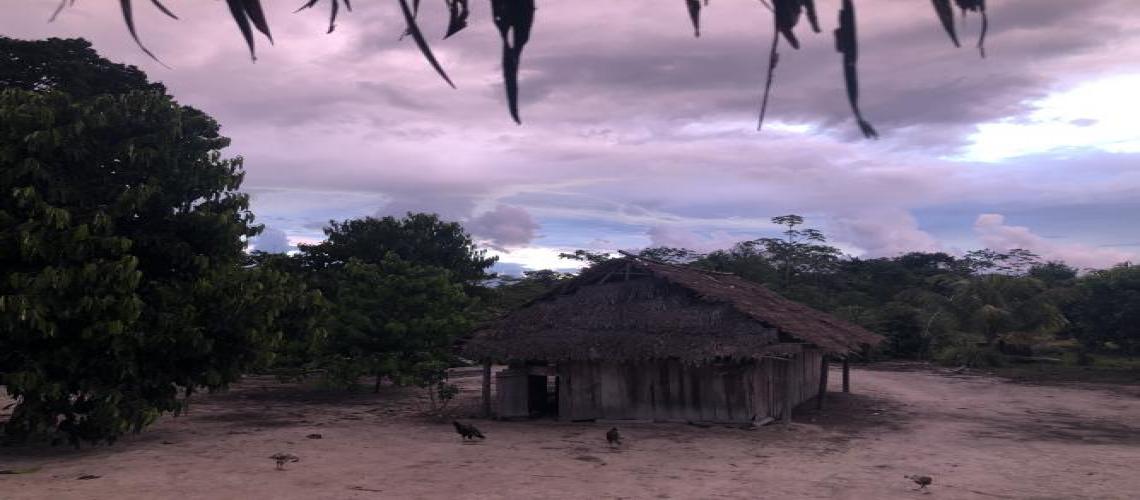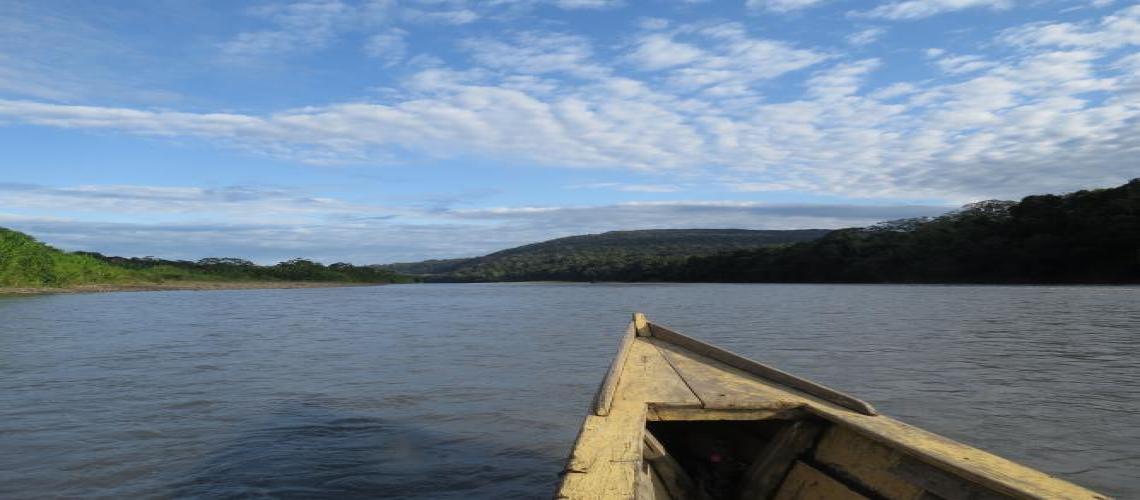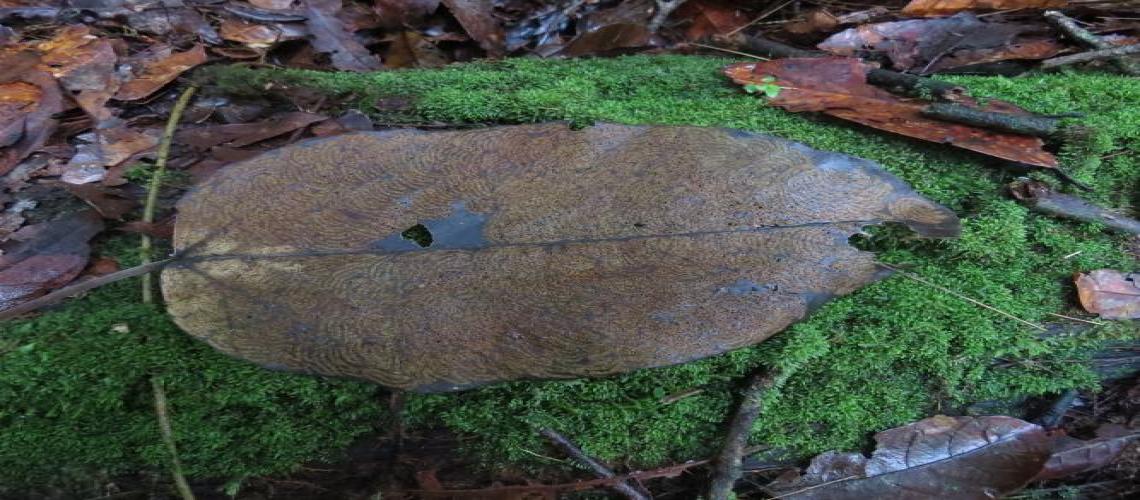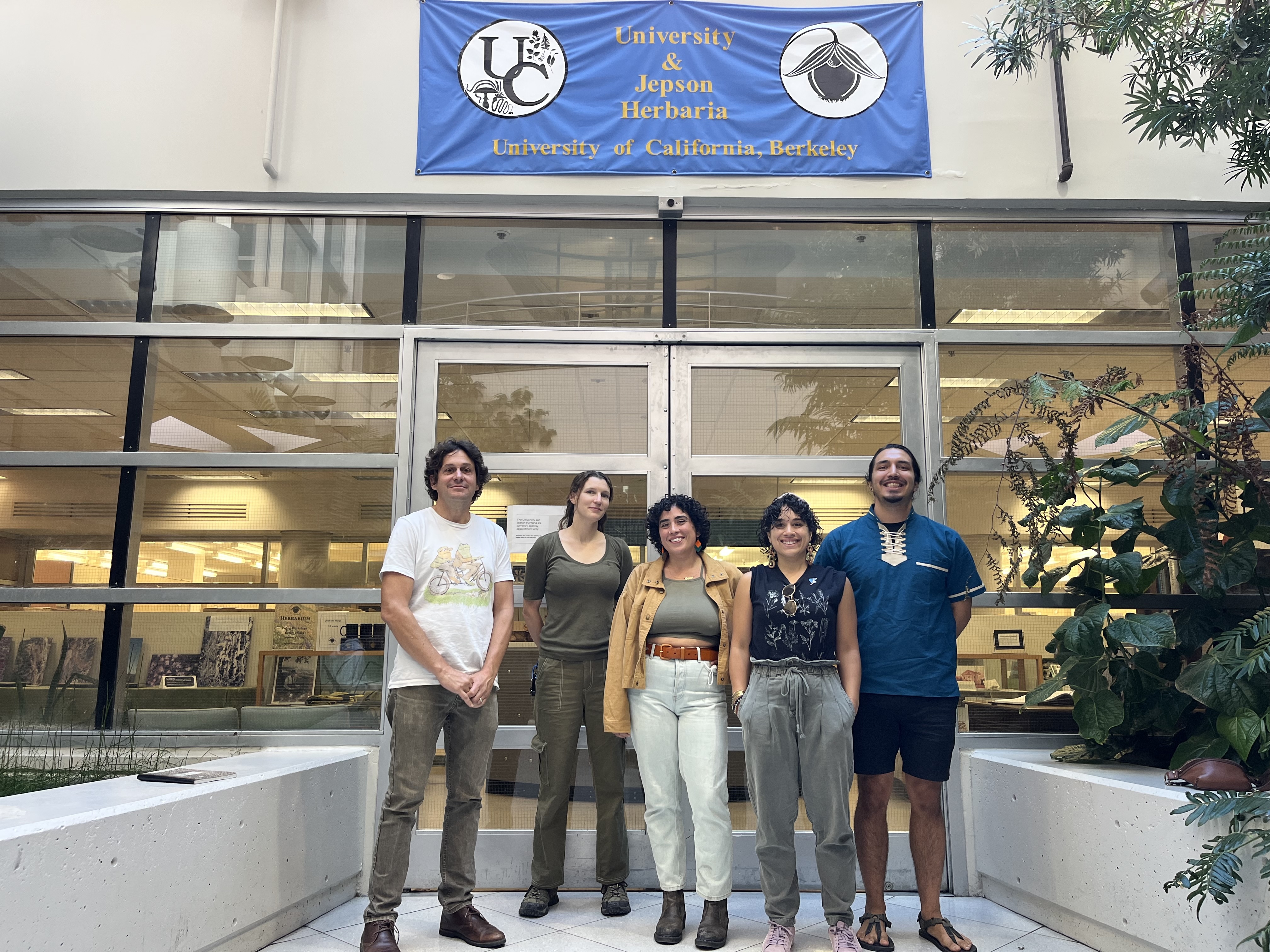The Fine Lab stands firmly against anti-Black and anti-Indigenous racism and discrimination. Recognizing that racism and oppression are systemic structures in our society, we see that academia and STEM are complicit in perpetuating structural racism. We strive to break with a legacy in which scientists have used their practice to participate in justifying white supremacy, colonialism, and genocide. We fully support and are committed to actively promoting an anti-racist worldview and empowering historically excluded and underrepresented communities within our lab group and beyond.
In an effort to move beyond our enthusiastic support, we have identified larger goals where we as a lab can exercise our commitment to and support for the Black Lives Matter Movement, anti-racist efforts, and Black, Indigenous, people of color (BIPOC) communities and scholars. These goals are (1) targeting our leadership efforts on promoting and improving the climate surrounding diversity, equity and inclusion within our immediate lab group, department, and broader scientific societies, (2) actively engage in educating ourselves and our peers on the forms in which racism is prevalent in our communities, how to identify it, and most importantly how to counter it, (3) recruiting, supporting, and amplifying BIPOC and other scholars from systematically excluded groups within our own research group and extending it to our broader academic community, (4) holding ourselves accountable by creating a lab culture which encourages frequent communication surrounding issues of racism and discrimination without regard to academic hierarchy, (5) identifying and challenging the systems which promote the exclusion of diverse scholars by either deterring them from pursuing STEM related activities initially or failing those who are already members of our communities. (6) asking ourselves who our work serves and striving to keep the integrity of our research from being compromised by power interests or racist and colonialist bias. (7) avoiding neocolonial or extractive dynamics in our fieldwork by communicating and working with local communities at field sites to establish partnerships that promote equitable, transparent, reciprocal, and participatory work relationships.
Our ongoing list of specific actions to meet these goals can be found here.
In Solidarity,
The Fine Lab
(part of this text was adapted from the Whiteman Lab)



